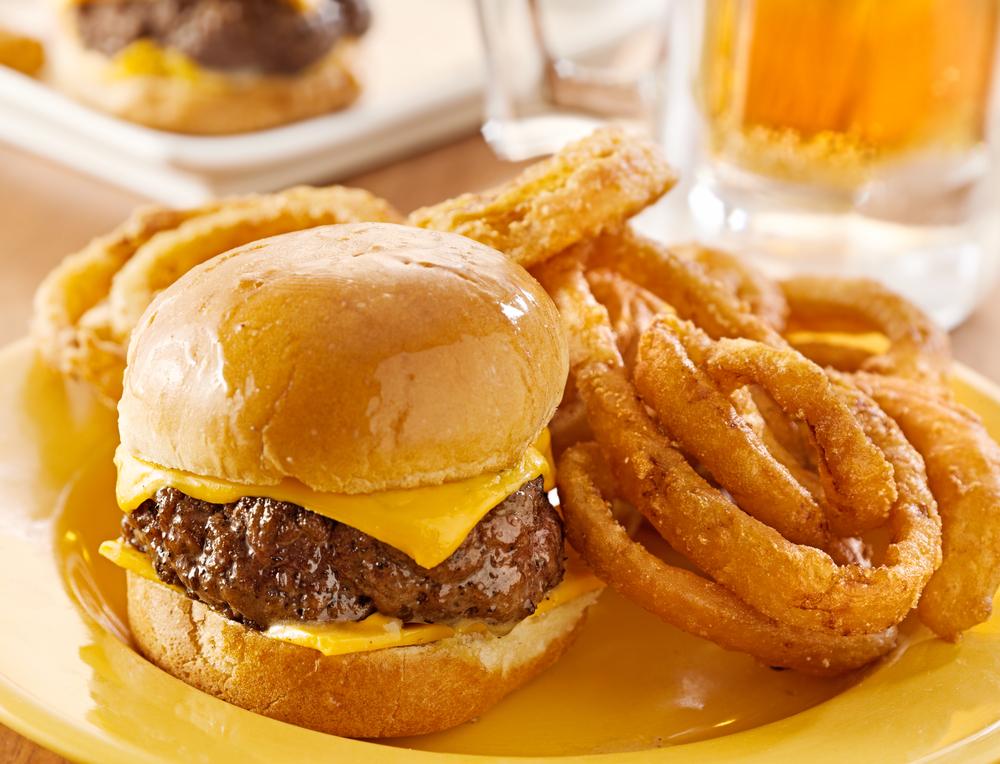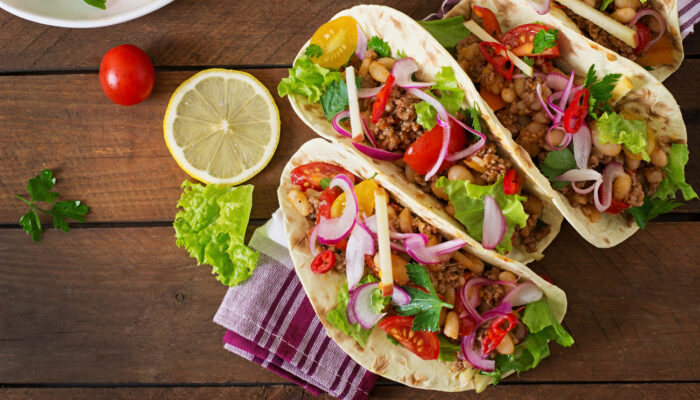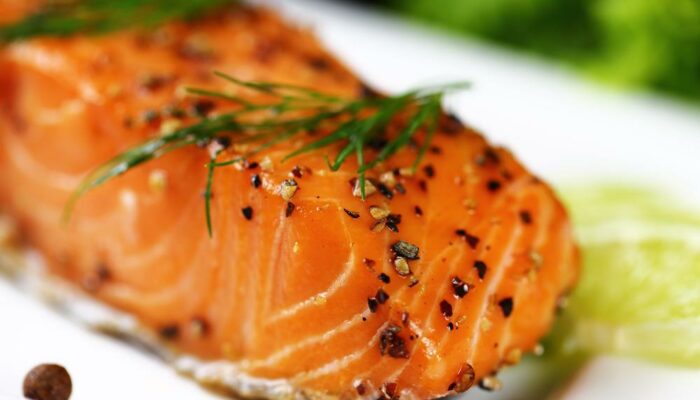
Trigger Foods for GERD
Gastroesophageal reflux disease is among the most common illnesses affecting millions of people all over the world. In this disease, the individual suffers from a range of symptoms such as heartburn, cough, etc. There are a variety of factors that can precipitate the discomforting and painful symptoms of GERD. However, the most prominent effect is caused by the diet a GERD patient consumes.
Given the important role diet plays in the management of the condition, it is essential to be wary of the foods and drinks you consume. Generally, dietary measures are considered to be first-line therapy for this digestive disorder. Scientific studies have found that several foods can worsen the symptoms of GERD and avoiding them is a wise way to prevent it from affecting your health. Proper knowledge about the trigger foods for GERD is imperative for the effective control of symptoms in this digestive disease:
1. Trigger Foods for GERD
Research has found that a number of foods and drinks can worsen GERD symptoms and lead to an acid reflux episode. Some of the most common trigger foods for GERD are chocolates, acidic foods such as citrus fruits, onions, tomato sauce, fried foods, high-fat foods, and red meats. There is strong evidence linking these common foods with symptoms of the condition. To reduce the frequency of acid reflux episodes, you should limit the consumption of these trigger foods for GERD.
2. How do these foods trigger GERD symptoms?
The consumption of these foods and drinks can cause stomach acid to flow the wrong way and irritate the esophagus. Trigger foods can cause multiple symptoms to worsen. You may experience a host of problems like heartburn, nausea, coughing, belching, discomfort in the upper abdomen. These foods irritate the lining of the esophagus and exacerbate the symptoms.
3. Dietary modifications
Experts recommend GERD patients to make necessary dietary modifications to prevent the symptoms from worsening. Studies have found that making the required modifications in the diet can lead to significant changes in the frequency and severity of GERD symptoms. You must avoid heartburn-triggering beverages like coffee and alcohol to reduce the likelihood of an acid reflux episode. You can also reduce the consumption of other trigger foods like chocolate and high-fat foods and keep the symptoms of this digestive disorder in control.
4. Consume smaller meals
Try to consume multiple small meals throughout the day instead of a few large meals, as this eating habit could put a strain on your digestive tract. Additionally, including anti-inflammatory and gut-friendly food items like leafy green vegetables, oatmeal, lean meats, egg whites, etc. is a good idea.
By taking simple measures involving the foods that trigger acid reflux, GERD patients can tackle the symptoms and improve the quality of their life. It is essential to make the required modifications in your diet to manage the condition. Reduce the consumption of trigger foods and increase the intake of the foods that are good for it. Also, follow a healthy lifestyle to ensure that the harrowing symptoms of GERD stay under control and do not cause issues like acid reflux.



